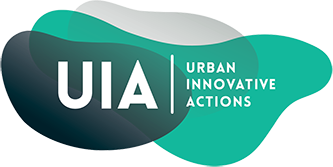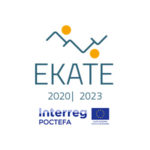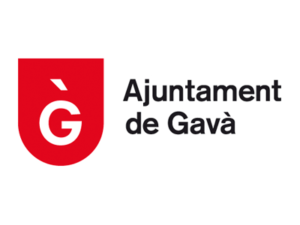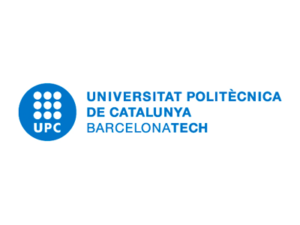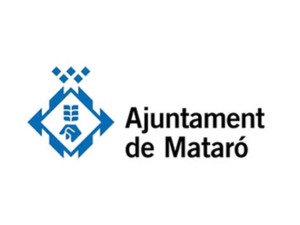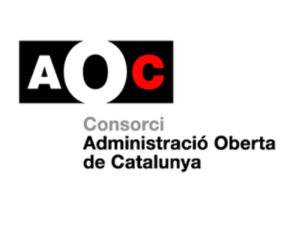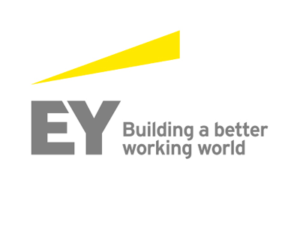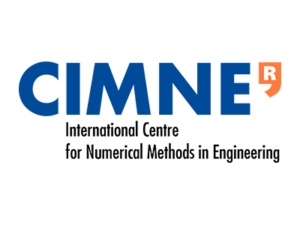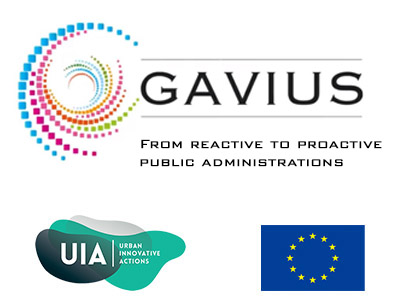
| Title | From reactive to proactive public administrations | ||
| Acronym | GAVIUS | ||
| Start date | 01/09/2019 | End date: | 31/08/2022 |
| Program | UIA 2019 | Reference ID: UIA04-095 | View file card |
| Subprogram | Sustainable use of land and nature based solutions | ||
SUMMARY
The GAVIUS project will create a digital tool that facilitates citizens to obtain the subsidies and social aids to which they are entitled in an agile and easy manner, through artificial intelligence features.
The project will change the relationship between citizens and administration. The urban authority will transform itself from a reactive to a proactive administration, which offers services in a more personalized and close way, by knowing the needs of citizens through the use of data.
Resources
Solution proposed
Gavius is an innovative project that aims to create a virtual assistant in the local administration, with the use of Artificial Intelligence, for communicating to the citizens the social welfare that they can use, process, grant, and receive it comfortably, fast and simply through a phone application. The potential beneficiaries will identify themselves through their biometric data, and they will be able to request and manage the social welfare platform.
The City Hall of Gavà, according to its well-known position as an open and transparent administration, proposes to make a step forward and to become a pioneer in the use of artificial intelligence and big data for the improvement of its management.
Gavius project is expected to be a more intelligent administration, which is a modern, accessible, and adapted to the digital transformation that we are nowadays experiencing, and always oriented to citizenship. Because technology is already an indispensable aspect when it refers to address the social challenges and re-think public management.
Gavius is a tool that will provide solutions at different levels:
1. Citizenship: simplify and accelerate the bureaucratic processes with the City Hall.
2. Govern teams: to assist in decision making from the interpretation of data (municipality data-driven).
3. Municipal teams: improvement of productivity, speed and efficiency when it comes to the management of citizens’ procedures.
4. Other administrations: Testing of the model based on machine learning and Artificial Intelligence for the modernization of the public sector.
“We have a very important challenge ahead, with a very clear objective: to make life easier for our citizens.”
Raquel Sánchez Jiménez
Mayor of Gavà
Expected results
We expect a real change in relationship between citizens and administration, more agile, more transparent and more efficient.
- We want to improve the citizens’ satisfaction and experience in their relationship with local administration, increasing digital interactions by 15% (web, apps, etc.)
- Facilitate the work of municipal workers when interacting with citizens, reducing the time spent on administrative work by 10%
- Generate knowledge about public services, allowing faster, more convenient and more agile access to citizen services and improving their efficiency and effectiveness
- Create a new methodology, with methods and tools based on AI that can be used by other public administrations to create new apps before the end of the project. Deploy and test tools to assist municipal workers, citizens and municipal managers and politicians
- Ensure the use of non-discriminatory and unbiased algorithms, drafting an ethical code for AI, co-created with citizens and defining tools for the mitigation of risks of bias, before creating applications for citizen services
Promote transparency on the use of AIs, adopting the state of the art in transparency protocols before creating apps for citizen services
Funds
This project has received funding from the European Commission, Urban Innovative Actions (UIA)
